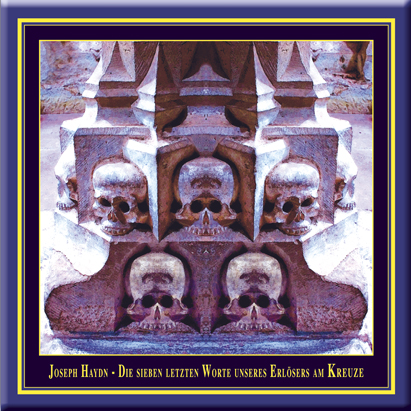|
Walter Jens
born in 1923 in Hamburg, studied Classical Philology and Germanic studies; he attained his doctorate in Freiburg 1944 and habilated as professor in Tübingen in 1949. Up until his retirement from the professorship in 1988 he held there the only chair for General Rhetoric in the whole of Germany. From 1989 to 1997 he was president of the Academy of Arts in Berlin. He was awarded honorary doctorates by the universities of Athens, Augsburg, Jena and Stockholm and numerous awards for his publications, which now encompass 40 works. Walter Jens is the modern incorporation of that now rare breed, poeta doctus. In addition to his main fields of rhetoric, theology and literature he makes periodic excursions into the fiels of science, politics and essays. Nonetheless he still describes himself as having „slim talent". He no longer writes novels or dramas as he did at the beginning of his career, nor does he commentate as „Momos", the TV critic of the Zeit. In one‘s old age, Jens maintains, one should „try to hang around where one at the least has a hope of being ahead". That is why he concentrates his work now on speeches, essays and imaginary dialogues between great minds as Lessing and Heine.
Bayerische Kammerphilharmonie
From its beginning in 1990, the aim of the members of the „Bayerische Kammerphilharmonie" was to create and perform their own program concepts at the highest possible level. Two years later, the first CD recording in Co-production with the Bavarian Broadcasting Company was released and won several awards from the international music press. Since 1994 the ensemble is orchestra in residence of the festival „L‘été musical dans la valée du lot" in France. In 1996, the ensemble received the „Prix Européenes" of the European Economy culture fund. Concerts all over the world, invitations to festivals, CD productions and the collaboration with renowned conductors and soloists such as Dietrich Fischer-Dieskau, Mischa Maisky, Mario Venzago, Michel Plasson, Règis Pasquier, Xavier Phillips and Mstislaw Rostropowitsch are testament to the high quality of the orchestra. CD recordings have been released with companies such as Deutsche Grammophon, EMI, Atlantis Art (Switzerland), Koch Schwann, Arte Nova, cpo and St.Louis Records/USA. Amongst these are the world premiere recordings of the concertos for one and two horns by Antonio Rosetti, were given five stars by the BBC Music Magazine and were awarded three times ten points at „Klassik heute". Besides their own concert series in Augsburg/Germany the orchestra played only this year with Chick Corea, Bobby Mc Ferrin, Martha Argerich, and at such renowned festivals like the Rheingau Musik Festival, the festival in Mecklenburg Vorpommern and the Münchner Klaviersommer. The Orchestra would like to thank the long-standing main sponsor Dr. Hannjörg Hereth and his Fazienda Ipiranga in Brasil whose generous support has enabled the orchestra‘s work to continue over the years.
More about the orchestra at www.kammerphilharmonie.de
Alan Buribayev
is an exceptionally gifted young conductor. Born in Kazakhstan to musician parents, he has a mature knowledge and a deep understanding of a wide repertoire. He has already conducted major symphonic works by Brahms (including all four symphonies), Elgar, Haydn, Mozart, Mendelssohn, Rachmaninov, Shostakovich, Stravinsky and Tchaikovsky (all six symphonies). His infectious enthusiasm has endeared him to many orchestras, most of whom have invited him back and these include London Philharmonic, Danish National Symphony, Guiseppe Verdi Orchestra Milan, Dresden Philharmonic, the Gothenburg Symphony, Melbourne Symphony and Hungarian National Philharmonic. As an opera conductor, he has conducted Tchaikovsky Queen of Spades at Lyon Opera. At the start of the season 2004 he took up his position as Music Director of the Meiningen Theatre, where he is conducting new productions of Offenbach, The Tales of Hoffmann and Mozart Idomeneo.
|





